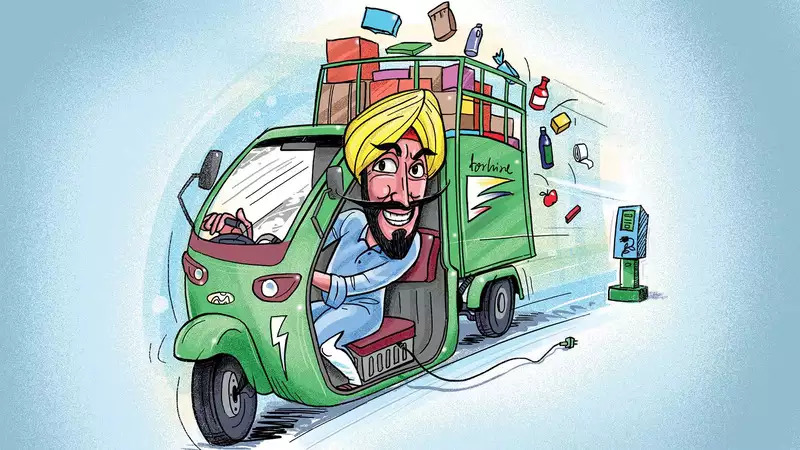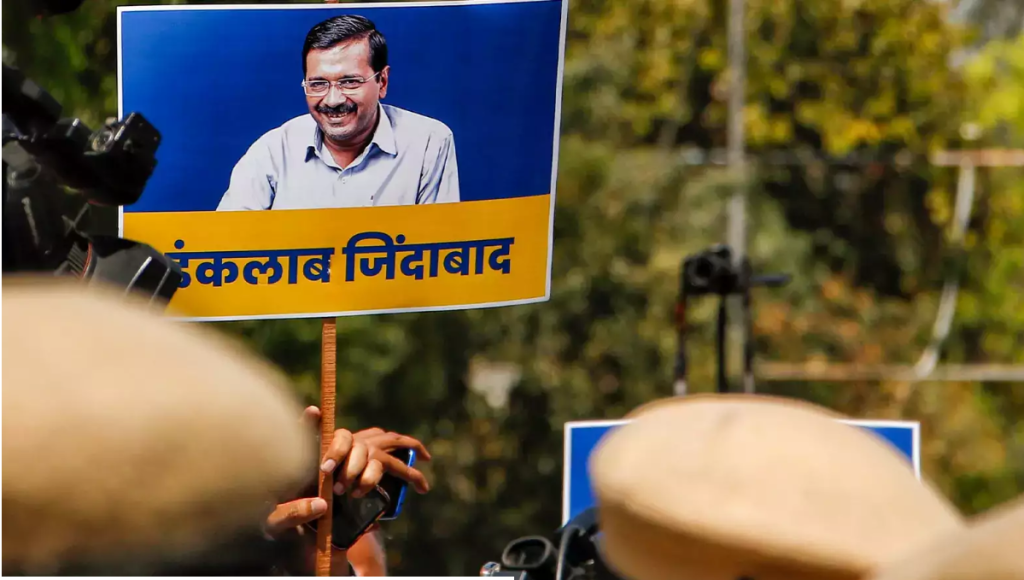Chairman Mao once claimed to represent permanent revolution. In fact, permanent revolution is represented best by capitalism, the most iconoclastic form of economic organisation ever invented.
Other systems ranging from feudalism to communism protect a decreed system, and regard attempts to overthrow those at the top as treason, punishable by death. But capitalism revels in the idea that no matter how big and powerful a company is, others must be able to challenge and overtake it. Successful overthrow is regarded as heroism, not treason. The new hero is in turn challenged by new upstarts, and has to keep re-inventing his company to survive or else become a zero. This constant competition makes capitalism the greatest force for increasing productivity. Its creative destruction ensures eternal revolution within a stable political and economic framework.
Remember this when considering the current crash in shares of information technology stalwarts who till the other day were hailed as heroes. The Finance Ministry is upset that the markets have fallen after a much-praised budget, and believe that some crooks have fixed the system. In fact the crux of an efficient market is that it allows heroes to become zeros.
Too many politicians and journalists think that the technology meltdown on stock markets is the work of something called a bear cartel. Tell that to Goldilocks. In fact the technology meltdown is a global phenomenon, affecting markets from the USA to Korea. Yes, a group of brokers with inside information on Ketan Parekh\’s outstanding positions in the market were able to hammer those positions, but that is little more than gang warfare within the stock market mafia. By itself this gang warfare cannot either lift or depress shares beyond the very short run. Ideally, the transgressors should be jailed. But in a country where nobody is convicted of anything, ordinary investors are less concerned with gang warfare than with medium-term trends in share prices, as distinct from manipulated gyrations within a settlement period.
And that medium-term trend is determined mostly by events in the USA, the main buyer of Indian software.
The crash of the US technology sector was always going to cause a corresponding crash in the India regardless of gang warfare within the stock market mafia.
Now, the constant conversion of heroes to zeros is unsettling for small savers in search of blue chips.
In the old days, blue-chip companies were also national champions. The Germans took pride in Volkswagen, the French in Renault, the Japanese in Toyota and Sony. Indians took pride in the Tatas and Birlas. In the USA, what was good for General Motors was considered good for the public. These national champions were called blue chip companies because savers believed you could invest in them safe in the knowledge that they would grow forever.
Alas, capitalism is incompatible with the blue-chip notion of a big company remaining market leader forever. The blue chip is in fact an example of market imperfection, arising from the fact that for centuries the dice were loaded in favour of those who were already big or had inherited wealth. Why? Because access to capital was limited: if you had money, you could attract even more, but if you had only talent and ideas, you could attract no capital. Besides, technology and managerial techniques were relatively slow-moving, and did not constantly threaten to turn existing companies into dinosaurs. So, some big companies looked very stable and able to ward off all threats, and came to be known as blue chips.
This ended when primitive capitalism gave way to more advanced capitalism, with fewer market imperfections. The blue chip is incompatible with creative destruction. The bigger they come, the harder they fall. Today, technological changes threaten every company, no matter how big. Besides, the rise of venture capital means that new entrepreneurs with nothing but ideas and talent can raise billions of dollars in the twinkling of an eye. Large size is no longer needed to access capital, and no longer guarantees profit or security.
General Motors, once the bellwether of the US economy, has suffered falling market share and margins for decades. Pan American Airways, once the biggest airline in the world, is now history. Technology changes so rapidly that even a high-tech hero like Xerox Corporation, which invented photocopying, has gone bust. Lucent Technologies runs Bell Labs, whose scientists have won half a dozen Nobel prizes. Even this company is now in trouble, losing a billion dollars in the last quarter.
If this is the fate of some of the biggest hi-tech companies in the world, do not be surprised that high-tech blue chips in India are also in trouble following the US slowdown. The best Indian companies will weather the storm, and zoom to new heights when the global technology sector recovers. But many lesser software companies, with dubious managements, will suffer falling margins and worse.
Some of these companies have been regarded by small investors as blue chips: they are on the forward list and have shown 100 per cent growth in profits year after year. But remember that in modern capitalism, no company can do well forever. Of the 30 shares that constituted the original Dow Jones index when it was formed, only one, General Electric, remains. The 29 others have fallen by the wayside and been replaced by others. In the Bombay Sensex too, half the top 30 companies have been pushed out in the 1990s and replaced by newcomers. Old-time blue chips like Scindia Steam and Premier Automobiles are bust.
So what should a small saver in search of security do? Well the stock market is not the safest place; it carries risks. Even if you believe the risk will pay off, don\’t bank on todays blue chips. Invest instead in a mutual fund that tracks the Sensex or Nifty. The Sensex and Nifty keep changing composition, weeding out heroes that look like becoming zeros and bringing in new heroes. This strategy will enable you to reap the rewards of permanent revolution without getting guillotined.




